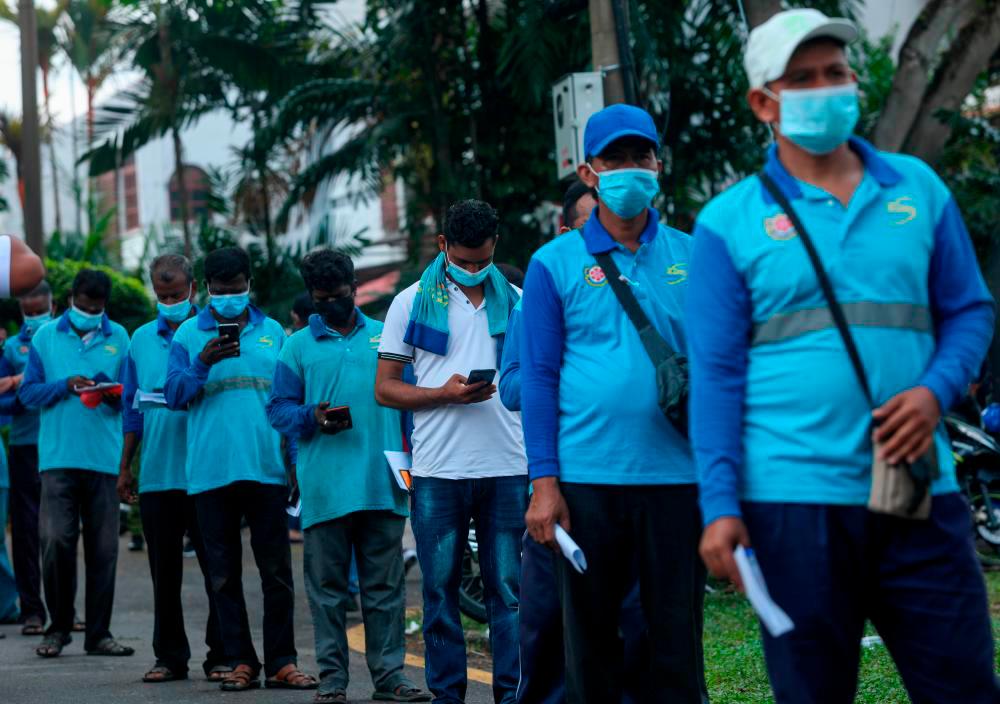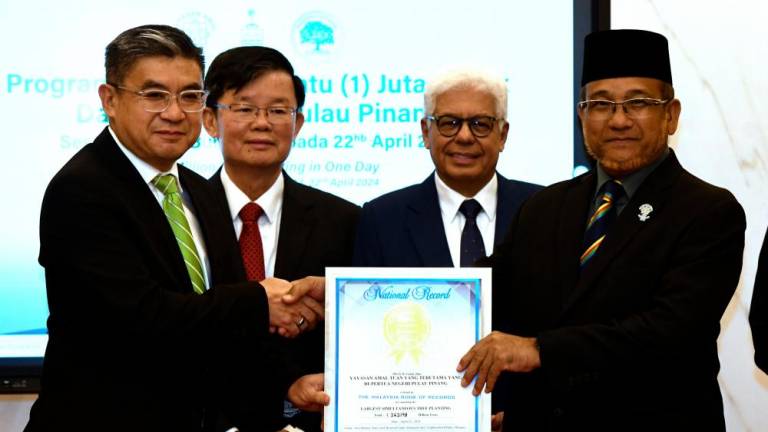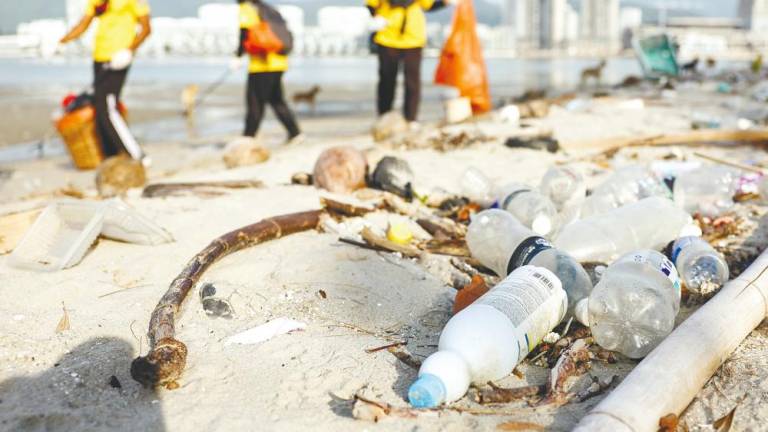PETALING JAYA: Employers need more clarity on the standard operating procedures (SOP) for Admission of Foreign Workers for All Permitted Sectors, particularly on the part where the employers are required to bear all costs for bringing in foreign workers.
Malaysian Employers Federation (MEF) president Datuk Dr Syed Hussain Syed Husman, in referring to the latest SOP of the Joint Committee of the Home Minister and Minister of Human Resources on the Management of Foreign Workers which met recently, raised concerns over the matter as any increases in cost for doing business during this period would derail Malaysia’s recovery efforts.
“We thank the government and Human Resources Minister Datuk Seri M. Saravanan for engaging with employers to understand our needs and voicing our concerns at the ministerial level,” he said in a statement today.
“The decision to allow the foreign workers back into Malaysia would give much relief to employers who were not able to fully operationalise their business without the foreign workers.
“However, we are concerned by the requirement that employers would be required to bear all costs to bring in the foreign workers into Malaysia.
“There has to be more clarity on this matter as it would be unreasonable to require to pay regardless of the circumstances that may occur during the recruitment process.
“For example, if the foreign worker loses all his documents prior to departure, would the employer still be liable for the replacement costs?”
Syed Hussain asked employers still be responsible to pay cost incurred by the foreign worker to prepare documents for interview.
“We are of the view that it is important to have a clear policy to avoid any misunderstanding and dispute between the employer, worker and the government.”
He also said the governments of the source countries should also facilitate their citizens to work in other countries and not allow third party recruitment agents to charge exorbitant fees.
“The source countries should also be more transparent on the allowable recruitment fees to be charged by recruitment agents for services rendered,” he said.
“In this regard, the international organisations must also play their part to raise awareness in the source countries on fair recruitment practices.”
On the recalibration programme, Syed Hussain said the number of verified foreign workers was still low as the illegal foreign workers may not be in possession of all the required documents for the purposes of verification.
It was understood that of the 212,926 illegal foreign workers who registered to be regularised under the recalibration programme, only 34,318 passed, 20,889 failed, and 157,719 had not attended the verification process at the immigration office.
“To encourage more of these foreign workers to participate in the recalibration programme, perhaps the immigration department should make the requirements for verification less stringent,” he said.
“If they (the illegal foreign workers) cannot be legalised then they could be sent home. In this way, the government would be able to address the problems associated with illegal foreign workers in a more effective way.”













